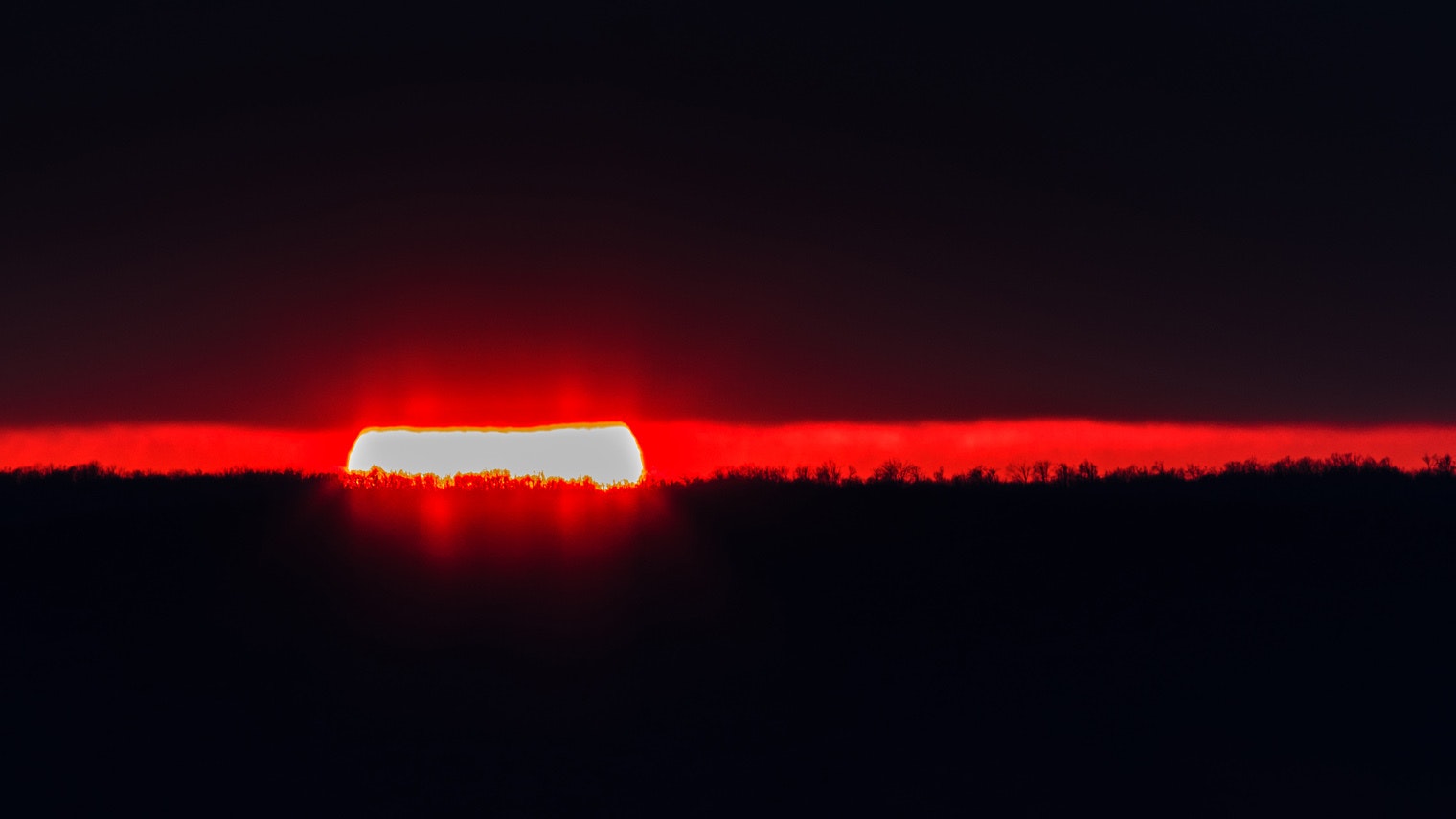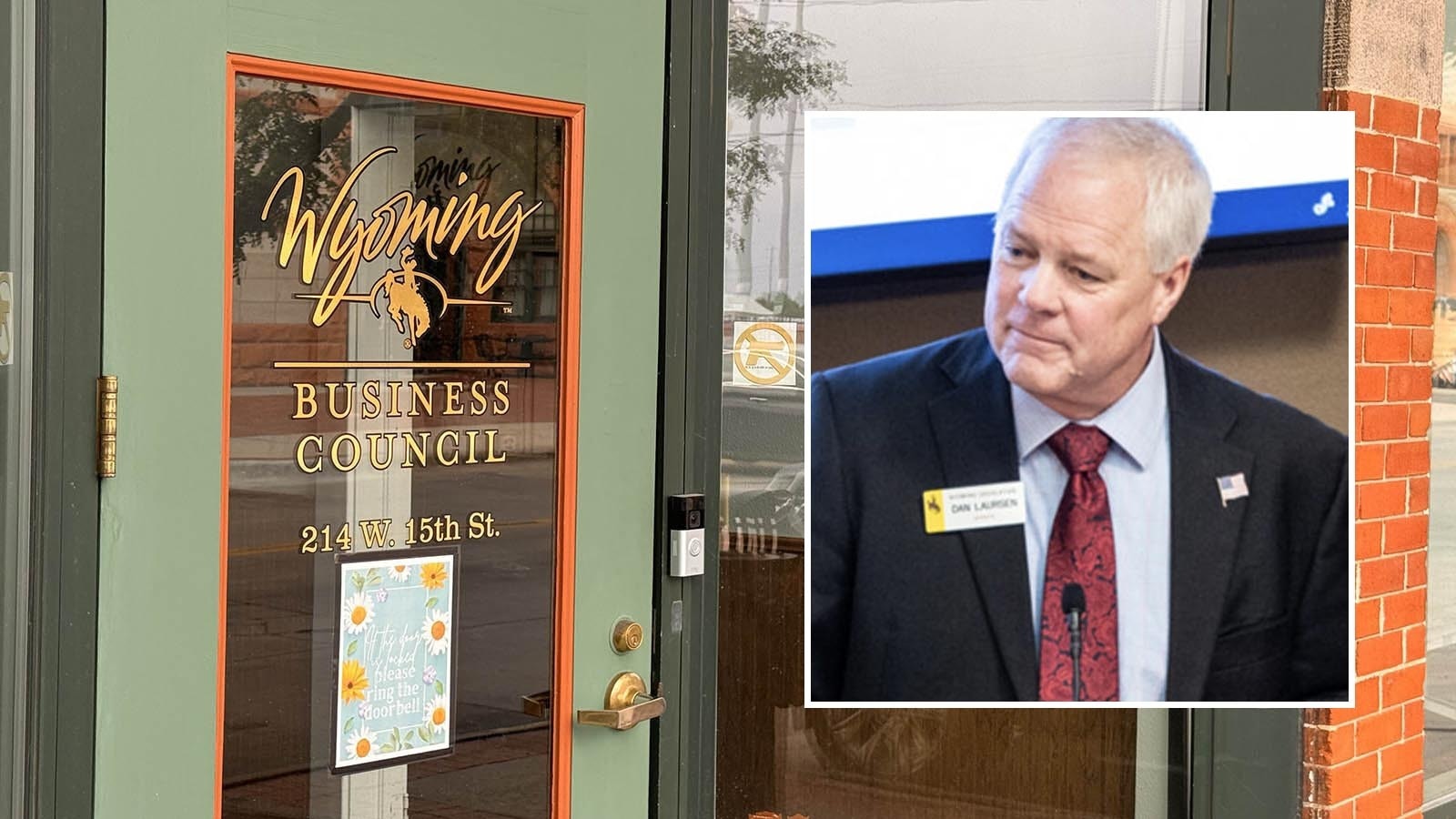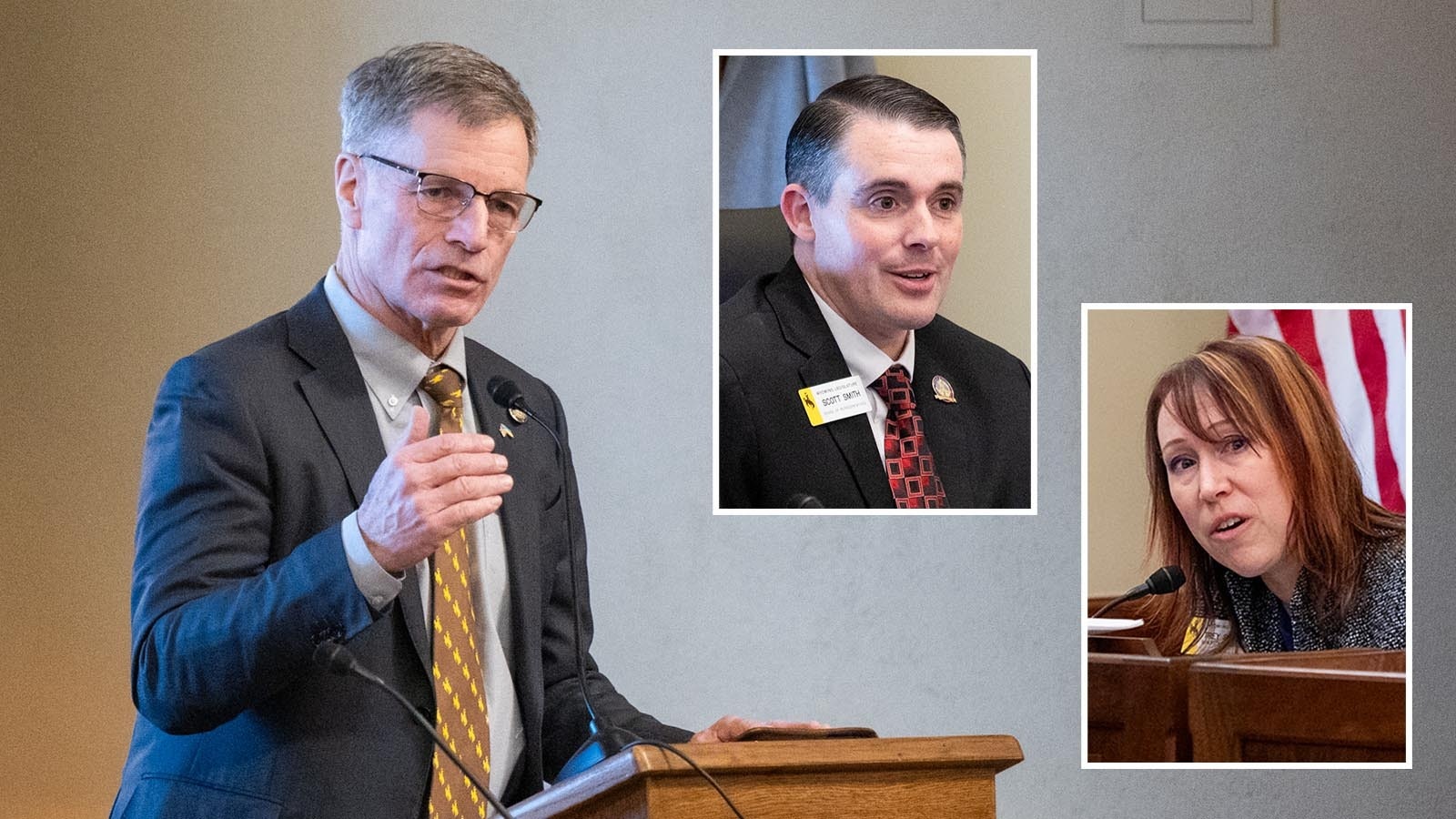On Saturday night, before we go to sleep, we will all participate in the twice-annual clock ritual — “spring” ahead, or “fall” back.
But there’s a movement afoot, both statewide and nationally, to eliminate the time change routine.
Daylight saving time was first enacted during World War I as a way to conserve fuel, and it became federal law in 1966 under the Uniform Time Act. The legislation was necessary, according to lawmakers at the time, because of the random way states had been observing daylight saving time up until then.
But as time marches on, the hassle seems to be outweighing the benefits, according to Rep. Dan Laursen, R-Powell, who successfully sponsored legislation last year to permanently move the state to daylight saving Time and eliminate the twice-yearly disruption to our sleep schedules.
“It’s just so hard on people,” Laursen said. “It’s hard on me, it’s hard on the elderly. Your school kids. It’s hard on your dogs. They want fed and you’re not ready.”
Last year, Laursen’s bill to permanently move the state to daylight savings time was approved and was signed into law by Gov. Mark Gordon in March.
The caveat is, surrounding states must make the same change before the federal government would allow the change to occur.
“Three other states would have to do it before we would ask the federal government to change over,” Laursen said.
Of the seven states surrounding Wyoming — Utah, Idaho, Montana, North Dakota, South Dakota, Nebraska and Colorado — three are very close to adopting such a change, he said.
“Nebraska, South Dakota, North Dakota – I’ve heard their bills are running pretty hard, they’re getting close to passing their bills for daylight saving year round,” he said.
Laursen added he’s already gotten calls to testify in Montana to support its bill as well.
Another bill was introduced in this year’s legislative session that would have moved the state permanently to Mountain Standard Time year-round, also freeing residents from the obligation to change their clocks twice a year. This year’s bill, sponsored by Rep. John Bear, R-Gillette, would have eliminated the spring time change rather than the autumn change as Laursen’s bill did.
The bill also differed from Laursen’s legislation in that the state would not have to wait for other states to make adopt similar law to make the change.
Arizona, Hawaii, Guam, American Samoa, Puerto Rico and the U.S. Virgin Islands have all opted out of daylight saving time.
But the bill failed on a vote of 24-31 in its first full review on the floor of the House.
“This one would have gotten rid of mine,” Laursen laughs. “I think people knew we’d already voted on this last year, and (they) would rather go to daylight savings [than stay on standard time].”
According to the United States Department of Transportation, daylight saving is observed because it saves energy, saves lives by preventing traffic accidents and reduces crime.
Laursen said from his perspective, it’s simpler than that.
“I think 70%, 80% want the extra hours in the summer,” he said. “I’d think that they’d much rather have light in the afternoons, when it’s warmer, to be working outside.”
Laursen admitted year-round daylight saving time might be difficult for schools.
“It would be darker in the morning longer, but they could change their schedule, they could start at 9.”
Wyoming is one of 15 states to pass laws to make daylight saving time permanent. California, Florida, Delaware, Louisiana, Maine, Oregon, Idaho, South Carolina, Tennessee, Utah, Washington, Arkansas, Georgia, and Ohio have all expressed their exasperation with the switch between Daylight and Standard times.
According to CNN, two bills have been introduced in Congress this year that call for daylight saving time to become permanent throughout the country: House Bill 69, also known as the Sunshine Protection Act, and House Bill 214, called the Daylight Act. However, both have stalled in the House Committee on Energy and Commerce.





